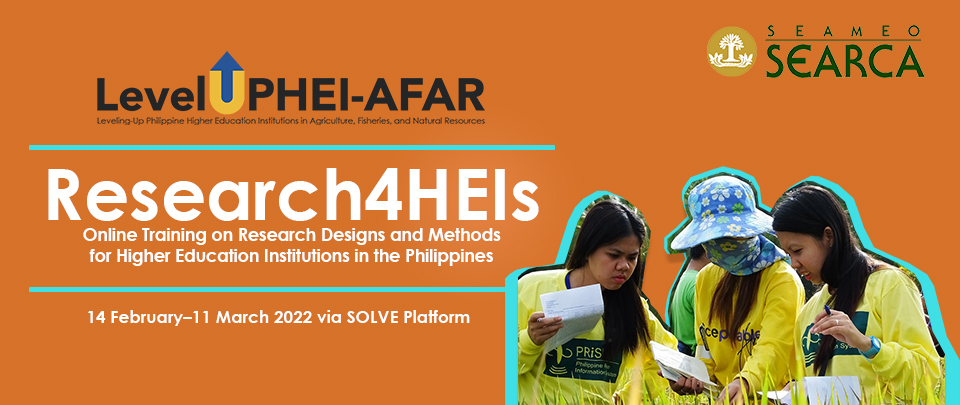
Background
Research as an educational inquiry entails careful gathering of information to seek answer to questions, examine propositions, or test theories. It is a systematic process that necessitates data collection, data analysis, data interpretation, and drawing meaningful conclusions to provide answer to questions or offer solutions to the research problem. This entire process is what constitutes a research design. Miller (1991) defines "designed research" as "the planned sequence of the entire process involved in conducting a research study". A classic publication by Suchman (1967) describes research design as a series of guideposts to keep one headed in the right direction. It is, thus, a set of strategies purposefully set by the researcher to plan and direct the research process. These strategies involve the specific techniques and processes for collection and analysis of data as well as the approaches used to analyze the validity and reliability of findings. A well-planned research design is important to ensure that objectives set are attained within a desired time limit and specified cost, hence, achieving both effectiveness and efficiency in the research process.
This virtual training workshop will cover quantitative and qualitative research designs including the appropriate tools and procedures to analyze data generated from them. Quantitative research designs will particularly focus on experiments and survey research while qualitative research designs will include narrative research, phenomenology, case studies, grounded theory, ethnography, and action research. Since the intended participants are expected to do their own research, a thorough discussion of the techniques, coupled with hands-on exercises, for these quantitative and qualitative research designs are necessary. Applications of these techniques shall be illustrated using a wide array of research problems considering that the participants belong to a broad range of disciplines.
Proposed Cohort
There will be 25-30 participants from at least 25 universities. Participants will include higher education leaders, including junior faculty members and researchers whose responsibilities include or will include conducting research in their respective institutions. They should have regular full-time appointment, commitment support from direct supervisor, endorsed by the University President, and have a prepared draft Re-entry Action Plan (REAP) or research proposal.
Since English will be the primary mode in facilitating the training-workshop, the participants are expected to have good English communication skills. However, participants have an option to produce workshop outputs in English or in Filipino.
Presidents of the participating universities will be invited to sign a commitment document (so that they give full support and participants are fully committed to the training).
Learning Outcomes and Expected Outputs
At the end of the virtual training workshop, the participants are expected to develop a framework of their research with focus on their objectives/hypotheses with a keen knowledge of the situations/conditions under which they are to conduct their research.
The participants are likewise expected to develop a final draft research proposal ready for submission.
Program Duration and Platform
The Program will be conducted online via the SEARCA Online Learning and Virtual Engagements (SOLVE) Platform from 14 February until 11 March 2022.
Program Fees
Applicants should come from invited SUC-ACAP members and are to apply via the Commission on Higher Education (CHED)-funded project of SEARCA titled Leveling-Up Philippine Higher Education Institutions in Agriculture, Fisheries, and Natural Resources (LevelUPHEI AFAR). Successful applicants will be awarded a grant to participate in this Online Training on Research Designs and Methods for Higher Education Institutions in the Philippines.
